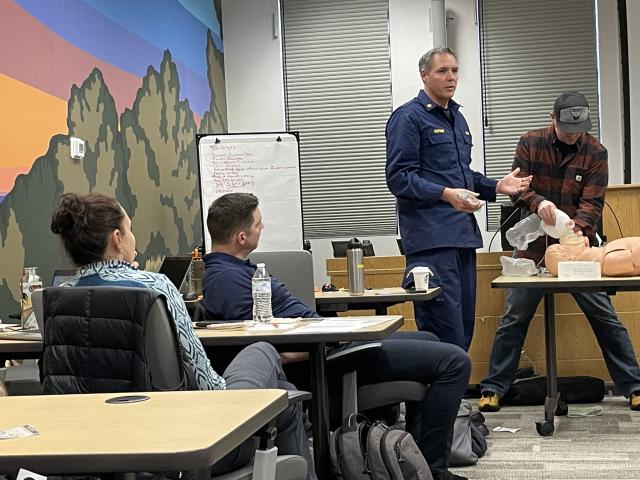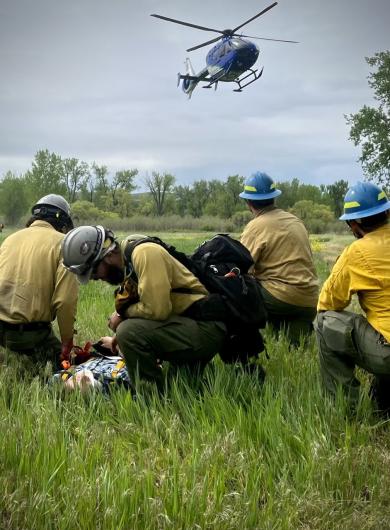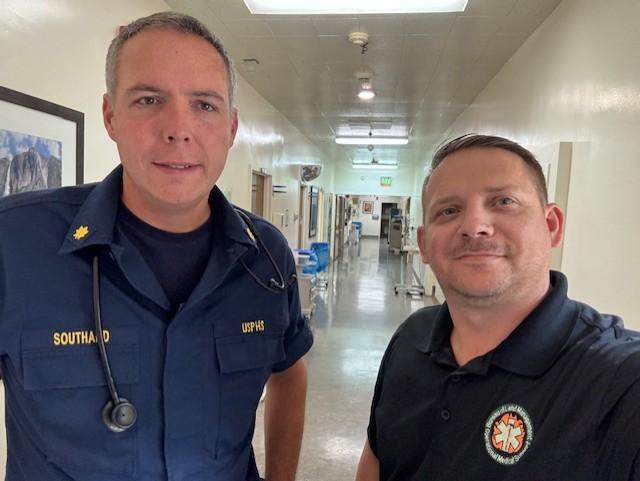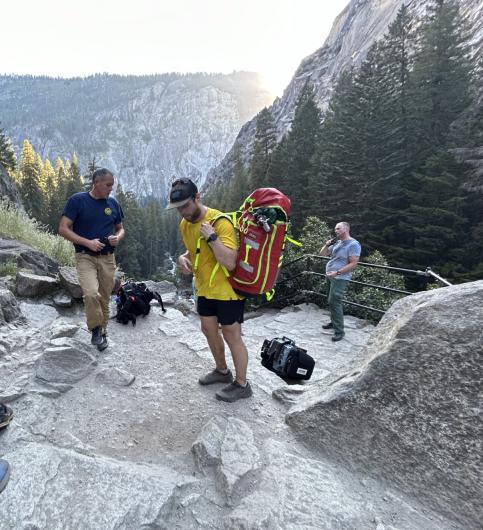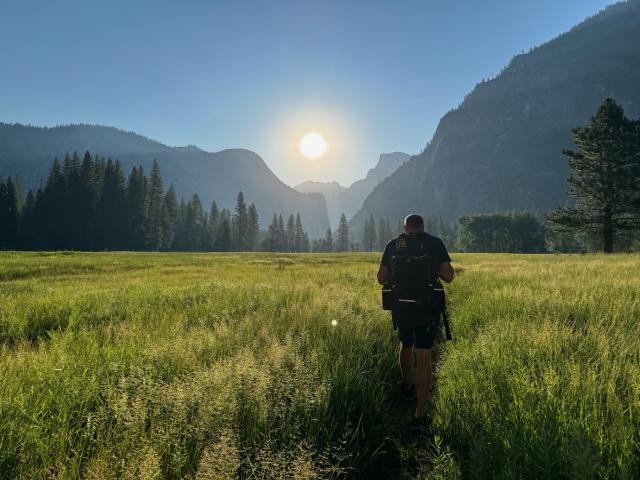Related Stories
- Rural wildland firefighting partners grateful for BLM gift
- BLM hosts fire investigation training course to strengthen wildland fire investigation capacity across Arizona and the West
- Helping Woodlands & Fighting Fire with the Dawson Project
- Lake Havasu Fisheries Improvement Program: Thirty years of stewardship, science, and community
- BLM Fire and National Conservation Lands managers collaborate to meet shared goals

